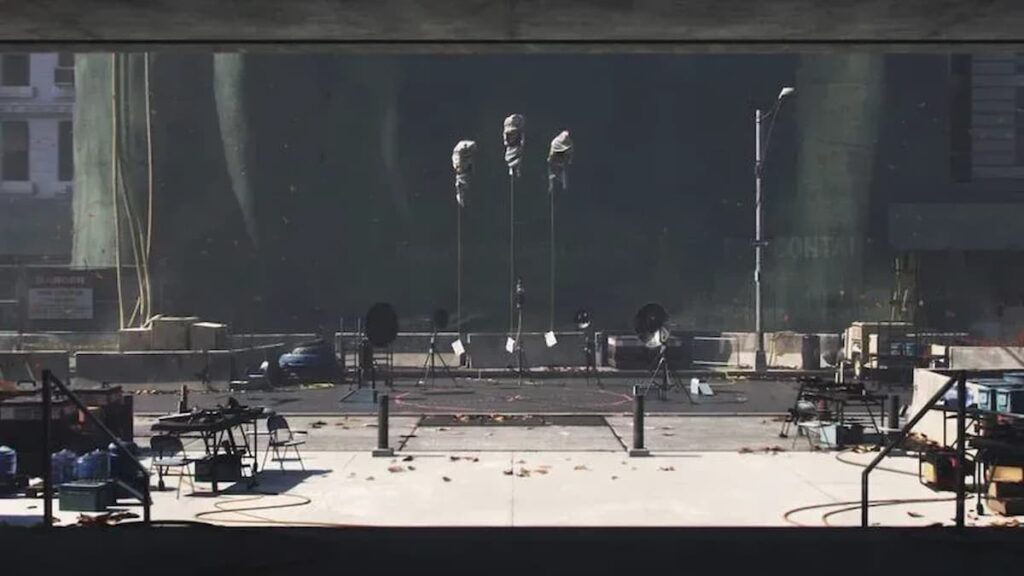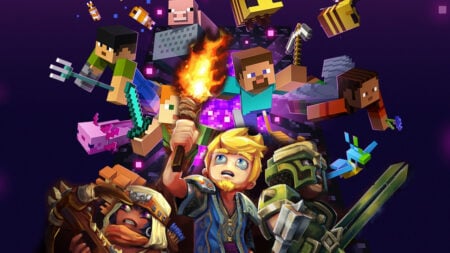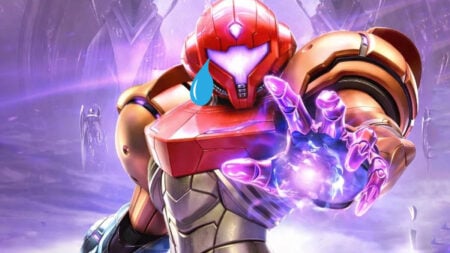Skip To...
Remedy Entertainment is a studio with a bold, unflinching creative vision. That’s a fancy way of saying they like making unashamedly weird games. Control, originally released in 2019, certainly typified this wackiness. So, when the news recently emerged that Control 2 will fit under the “action-RPG” label, some fans expressed concerns. Could Remedy dumb down Control 2 to aim for greater mass appeal, losing the zaniness that makes their games so iconic? I don’t think so. Here’s why.
All Under Control
Remedy Entertainment has always been a studio with a strong, uncompromising creative vision. It just doesn’t make cookie-cutter games. From the gritty noir thriller of Max Payne to the otherworldly spin on survival horror in the recent Alan Wake 2, Remedy always puts a strong narrative stamp on the games it develops. This consistency is hardly surprising when you consider that decorated creative director Sam Lake has been involved in all of Remedy’s notable projects. What’s more, he acted as creative director on Control and the Alan Wake franchises.
In Remedy’s recent Capital Markets Day presentations to investors, Lake acknowledged the ambitiousness of Remedy’s games, particularly in today’s market. He acknowledged the importance of aiming for commercial hits – always wise when you’re speaking to investors. But, he also showed his keen awareness that Remedy must avoid generalizing their games when aiming for this success.
“Games are ambitious, passionate, works of creative expression. Games are high-quality entertainment. What we create at Remedy is special, and we must never lose that.”
Lake’s self-awareness, that understanding of the need for balance, should be music to Remedy fans’ ears. For all the rubber ducks and surreal dream sequences, not to mention the dancing, the studio understands that it needs to sell copies. It needs to make marketable games, even if they still surprise and delight with their weirdness when in players’ hands.
A Simple Remedy

Notably, on Remedy Entertainment’s ‘Games’ page, each title has a clearly listed genre. The studio classes Alan Wake 2 as a survival horror. Max Payne 2? Third-person shooter. Control and Quantum Break are given the catch-all action-adventure genre tags. Of course, none of these genre classifications capture the unique bizarreness of Remedy’s games, particularly those within the Remedy Connected Universe (Alan Wake, Alan Wake’s American Nightmare, Alan Wake 2, and Control). That’s by design. All genre tags are intended to do is give a vague indication as to the overarching nature of a game. As such, their usefulness is up for debate, particularly with games that cross and bend genres.
So, when Remedy recently called the upcoming Control 2 an action-RPG, it should be taken with a pinch of salt. We shouldn’t be worried that the Finnish studio will suddenly dilute the “special sauce” and churn out derivative, generic “grindathon” RPGs like some studios we could name. It’s not in Remedy’s DNA to do so, and Lake has reassured fans of that.
That said, Remedy classed Control as an action-adventure game, so the shift to action-RPG with Control 2 isn’t insignificant. Control had some light RPG elements, but the focus was very much on the central narrative and the action-heavy fight against the Hiss. Classifying Control 2 as an action-RPG, therefore, suggests Remedy wants to more deeply explore typical RPG features such as character progression, interlinked quest sequences, and inventory management. And that’s not a cause for concern. Remedy has a history of shifting genres but, as long as Control 2 takes place in the Remedy Connected Universe, there’s no doubt it’ll retain the delightful weirdness that characterizes the studio’s recent titles.
Don’t Label Me
Oh, and there’s also Lake’s commitment to aiming for commercial success to consider. Part of the reason why Remedy labels its genre-bending games with such prosaic genre tags is for marketability. It’s a boring reason, sure, but a valid one. Action-RPGs are a popular sub-genre of RPGs at the moment, so nudging the wackiness in that direction makes perfect commercial sense.
In short, we have no reason to be concerned that Control 2 will smooth the bizarreness away. It’s not in Remedy’s interest or nature to do so. If the studio can improve on the often repetitive combat of the original Control by incorporating more RPG elements, then that sounds like a good call to me. Hopefully, we’ll hear more soon.








